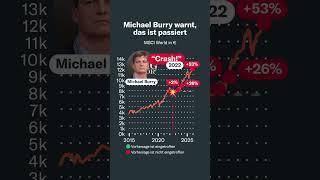| Gifted children around the world are going under the radar—their talents not recognised or nurtured. More should be done to spot these “lost Einsteins”
Click here to subscribe to The Economist on YouTube: https://econ.st/2xvTKdy How do you spot a child genius? Gifted children tend to share three defining characteristics. First, they develop skills at a very young age. Mozart began composing music when he was just five years old. Second, they are self-starters. Srinivasa Ramanujan was constructing complex formulae and theories before he had even been taught basic mathematics. Third, gifted children can be near-obsessive in their interests. For William James Sidis, a writer, collecting hundreds of streetcar transfers was a sideline to learning eight languages by the time he was eight. He was accepted at Harvard University at the age of 11. They would all have been good candidates for Mensa, an international society for people with the highest IQs. Its youngest member is just two years old. But there can be drawbacks to being so clever. Members of American Mensa are three times more likely than the general public to suffer from allergies or depression and they are almost six times more likely to struggle with anxiety. And these are just some of the physical and emotional problems that gifted children in particular may face. Spotting those children is important but many of them are being missed. In most programmes for gifted children students from poor backgrounds are under-represented. In 2015 one Florida school district took the rare step of screening In other words, to spot a gifted child you actually have to look for them in all communities, not just the ones with the resources to spot their own. The benefits can be huge when those “lost Einsteins’’ are found. The Study of Mathematically Precocious Youth has been observing 5,000 gifted people since 1972. All of the children had test scores high enough to get into university when they were just 13. One-third of the group earned a doctorate- that is 17 times the national average. Society, too, can reap the rewards when genius is nurtured. The founder of Google, the “Mozart of maths”, and Lady Gaga, were all discovered as gifted children. The child geniuses who could transform tomorrow’s world are already out there. But will we spot them? For more from Economist Films visit: http://films.economist.com/ |
Tags:







































